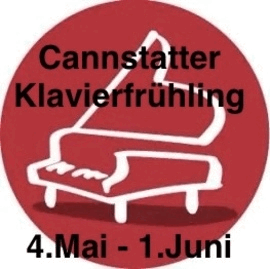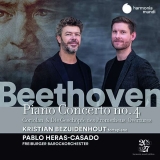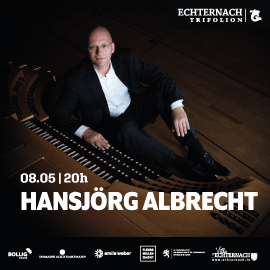 Ludwig van Beethoven: Klavierkonzert Nr.4 + Coriolan-Ouvertüre op. 62 + Die Geschöpfe des Prometheus-Ouvertüre op. 43; Kristian Bezuidenhout, Fortepiano, Freiburger Barockorchester, Pablo Heras-Casado; 1 CD Harmonia Mundi HMM902413; Aufnahme 12/2017, Veröffentlichung 08/2020 (45'39) - Rezension von Remy Franck
Ludwig van Beethoven: Klavierkonzert Nr.4 + Coriolan-Ouvertüre op. 62 + Die Geschöpfe des Prometheus-Ouvertüre op. 43; Kristian Bezuidenhout, Fortepiano, Freiburger Barockorchester, Pablo Heras-Casado; 1 CD Harmonia Mundi HMM902413; Aufnahme 12/2017, Veröffentlichung 08/2020 (45'39) - Rezension von Remy Franck
Grimmig und heftig steigt Pablo Heras-Casado in die Coriolan-Ouvertüre ein: das Drama um den römischen Feldherrn wird in einem pulsierenden Musizieren spannungs- und kontrastvoll weiterentwickelt. Für den Zuhörer ist dies ein wirklich mitreißendes Erlebnis.
Die Aufführung des 4. Klavierkonzerts durch den Fortepianisten Kristian Bezuidenhout und das Freiburger Barockorchester ist nicht weniger faszinierend. Bezuidenhout benutzt ein klangkräftiges, technisch hervorragendes Instrument, eine 1989 in den USA angefertigte Kopie eines Graf-Instruments von 1824. Es hat einen kräftigen, aber nicht scharfen Klang, der sowohl im Forte als auch in lyrischen Passagen optimal reagiert.
Heras-Casado lässt sein Orchester zupackend spielen, aber auch lyrische Kantilenen auskosten. Bezuidenhouts Rubato ist genauso aufregend wie es seine Verzierungen sind.
Der erste Satz bleibt durchaus ein Allegro moderato, auch wenn sehr flüssig und prachtvoll musiziert wird. Der Dirigent treibt sein Orchester unermüdlich an und beschert uns zusammen mit Bezuidenhout eine wunderbare Erlebnistour
Höchst ungewöhnlich klingt der gepeitschte Beginn des langsamen Satzes, dem der Solist mit umso mehr Ruhe begegnet und das Orchester schließlich so zähmt, dass es ihm aus der Hand frisst. Ein sehr quirliges und energetisches Finale beendet diese phänomenale Aufführung.
Heras-Casado dirigiert dann noch die Ouvertüre zu Die Geschöpfe des Prometheus in einer ebenso farbig-transparenten wie temperamentvollen Interpretation.
Pablo Heras-Casado launches the Coriolan Overture grimly and violently: the drama about the Roman commander is further developed in a pulsating music-making full of tension and contrast. For the listener this is a truly rousing experience.
The performance of the 4th Piano Concerto by the forte pianist Kristian Bezuidenhout and the Freiburg Baroque Orchestra is no less fascinating. Bezuidenhout uses a sonorous, technically excellent instrument, a copy made in the USA in 1989 of a Graf instrument from 1824, which has a powerful but not sharp sound that responds optimally in both forte and lyrical passages.
Heras-Casado allows his orchestra to play powerfully, but also to enjoy lyrical cantilenas. Bezuidenhout’s rubato is as exciting as his ornamentation.
The first movement remains an Allegro moderato, even though the music is played very fluently and with great splendour. The conductor drives his orchestra tirelessly and together with Bezuidenhout allows the listener a wonderful musicals experience.
The sharp beginning of the slow movement is highly unusual, and the soloist encounters the flagellating sound of the orchestra with all the more calmness. He finally tames the orchestra to such an extent that it eats out of his hand. A very lively and energetic finale ends this phenomenal performance.
Heras-Casado then conducts the overture to Die Geschöpfe des Prometheus in an interpretation that is as colourful and transparent as it is spirited.






















